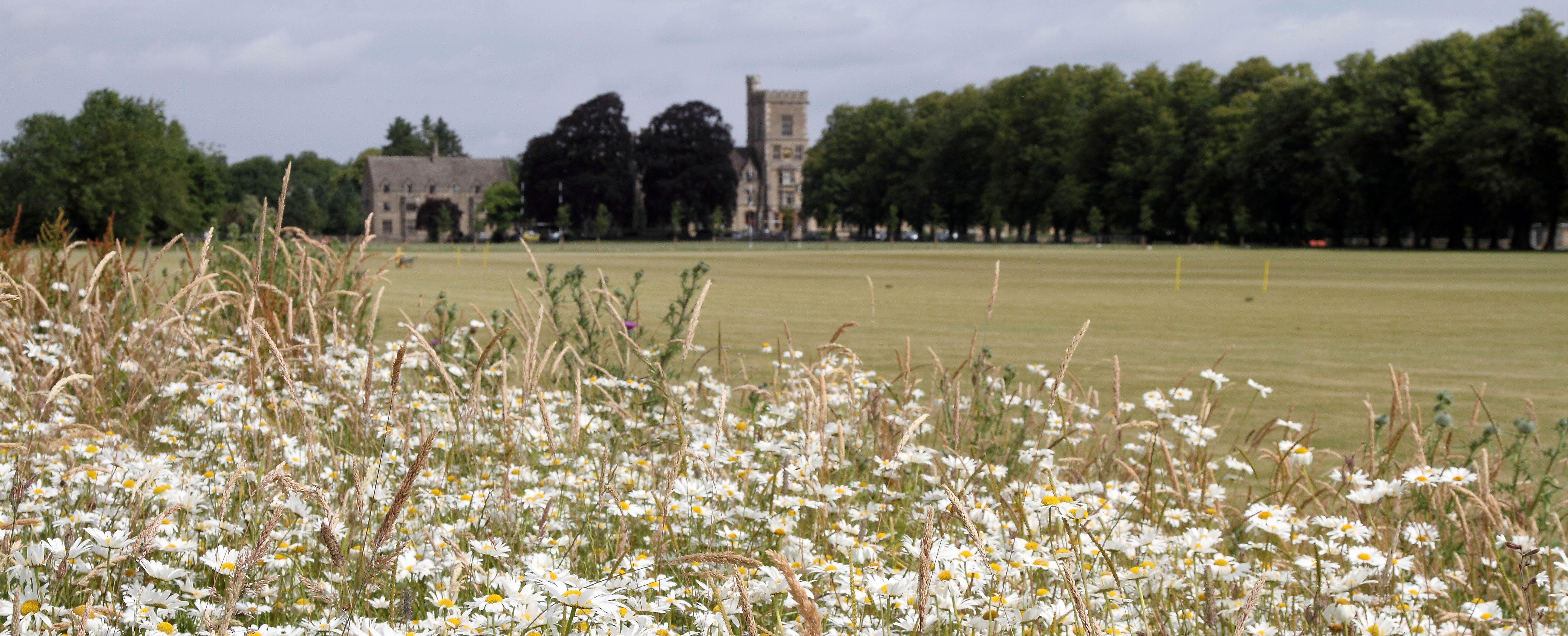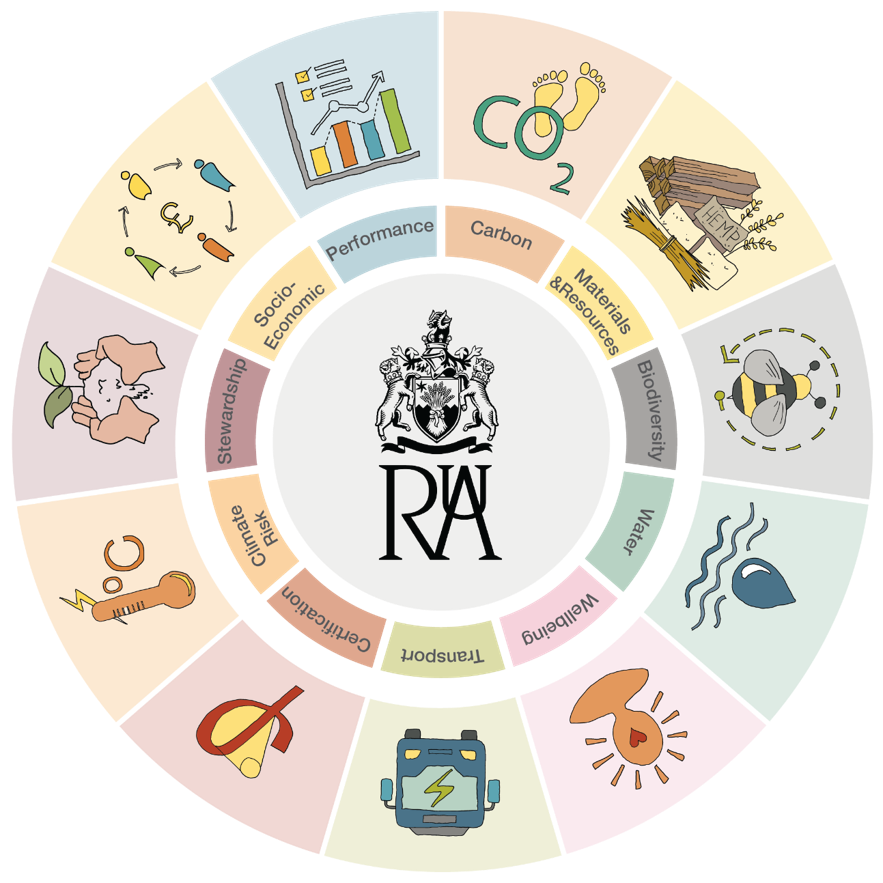Policies, strategies and plans

RAU new strategy
A new 2028 University Strategy has been approved providing a clear direction to become the Global University for Sustainable Farming and Land Management. Three strategic goals: Reach, Quality and Sustainability drive our Corporate Aims and Aspiration for Excellence.
The University will continue to build a global reputation for excellence and leadership across our teaching, research and engagement. The University will further grow a diverse inclusive community of students and partners in the UK and internationally.
We will also provide a showcase for sustainable & resilient management, through our land estate, finances and culture.
Our new annual strategic planning cycle ensures priorities and strategic projects are aligned and driven by a coherent strategic direction, coordinated via a new dedicated directorate, Institutional Planning & Governance.
Our curriculum is aligned to 17 Sustainable Development Goals and our forthcoming Food and Farming Strategy support the UN’s Envision 2030 agenda of no poverty, zero hunger, quality education and climate action.
The University has established new steering committees to focus on sustainability and a significant tranche of work has started to refresh the curriculum and enhance the quality of provision through increased internationalisation and increasing our Land Based subject coverage.
RAU Sustainability Wheel

The RAU Sustainability Wheel illustrates the RAU Sustainability Principles. The RAU has established a Circular Economy working group which held its inaugural meeting in 2024. Using the RAU Sustainability Principles as its starting point, this group is tasked with developing a circular economy that will support the RAU in its day to day operations, its regenerative roadmap and the delivery of the Innovation Village.
Our RAU regenerative roadmap
In addition, we have enlisted consultants to create our ‘Regenerative Roadmap’ for our Cirencester Campus. To create this roadmap, we have encouraged student and staff engagement, enlisting help from our Students' Union President for 2022/23, our new Students' Union President for 2023/24 and other key members of the Students' Union.
Staff and Students from across the University were encouraged to attend several workshops, and these findings were incorporated into our new roadmap, feedback has been collated and shared with the executive team including ideas of how students and staff would like to engage with our roadmap and achieving our RAU strategic goal of Sustainability.
Data has been collected to measure our Scope 1 and 2 emissions and plans to reduce these have been planned.
The Roadmap is due to be approved by the Governors of the University in late July 2023, so watch this space.
Farm and food strategy
RAU is embarking of an ambitious Food and Farming strategy which includes an ambition for a growing proportion of food consumed in our hospitality services is produced sustainably and locally directly by or in partnership with the University. We will also develop a profitable social enterprise business portfolio that reflects our sustainable food provenance ambitions. The strategy is focused on engaging students in the associated challenges and opportunities. This will include an annual Student Food and Farming Conference
Food and Farming strategy is an initiative that is aiming to a) ensure a growing proportion of food consumed in our hospitality services is produced sustainably by the University, b) develop a profitable social enterprise business portfolio that reflects our sustainable food provenance ambitions and c) our research, teaching and knowledge exchange portfolio is embedded in our farming, vineyard and equine operations that embrace technology and nature-based solutions relevant to government, industry and civil society global policy challenges.
Workers’ Rights and Equality Diversity and Inclusion
At the Royal Agricultural University, we are committed to valuing and celebrating diversity and to advancing inclusive practices in all that we do. We are striving to challenge ourselves to think and act differently in order that everyone at the RAU feels like they belong, can be their authentic selves, and are empowered to reach their full potential.
Find out more about Equality, Diversity and Inclusion at the RAU.
In addition, as part of our procurement process we use, where relevant the SUPC and LUPC frameworks for procurement of equipment, resources and services. Both of these subscribe to high levels of environmental ambitions, giving us confidence that we are using suppliers with the same ethical and responsible values that we have when we select a provider.
For larger tenders we request information from bidders as to accreditations that would include ISO14001. This gives assurance that suppliers have appropriate controls in place to mitigate environmental impacts.
Our Procurement and Invitation to Tender framework, incorporate our commitments to sustainability, ethical responsibilities and commitments to adhere to the Equality Act 2010, Modern Slavery Act 2015 and others.